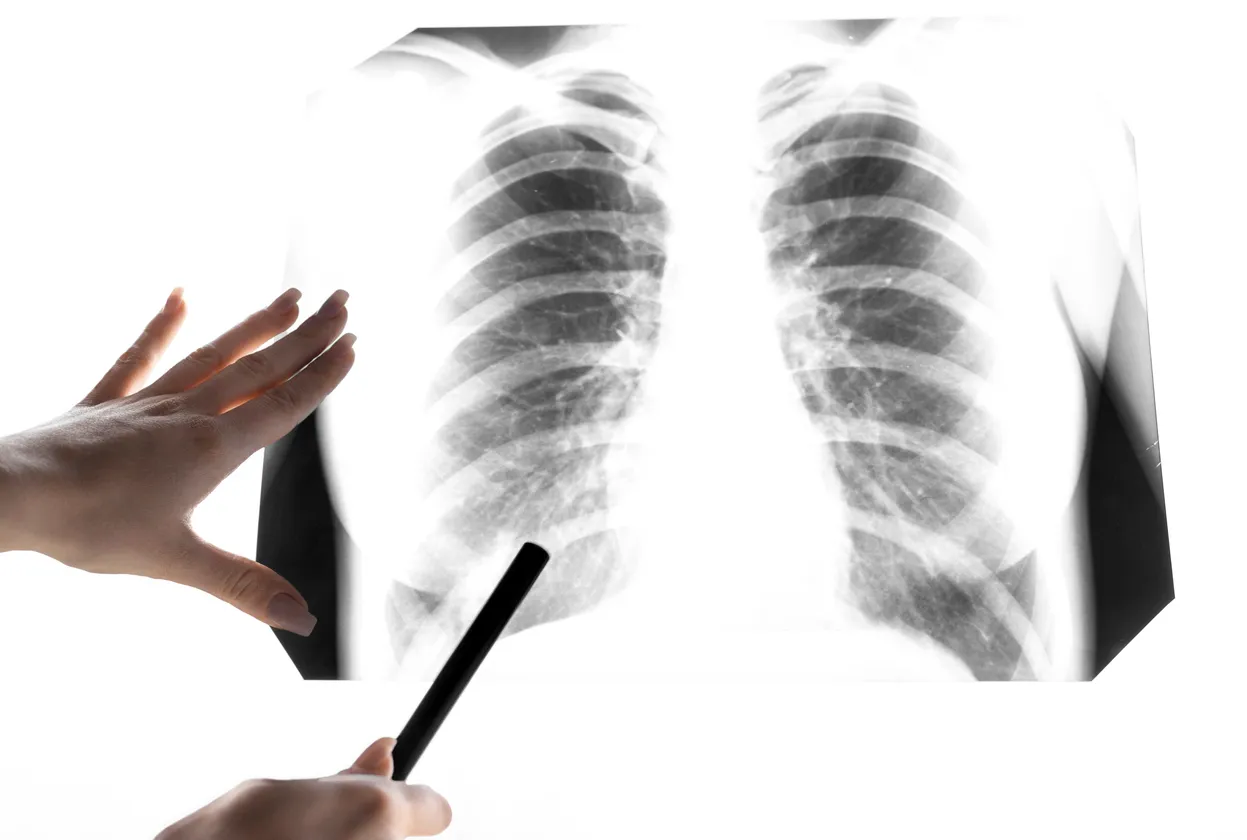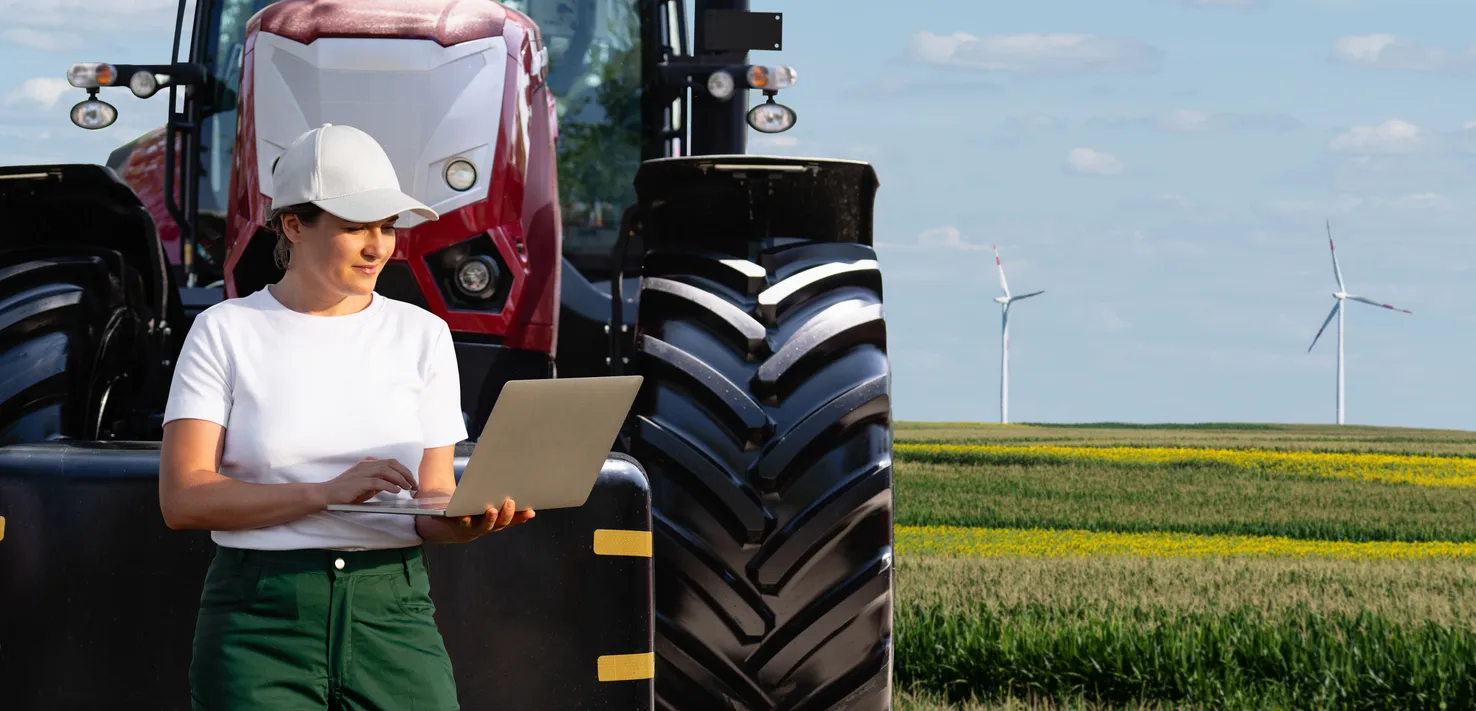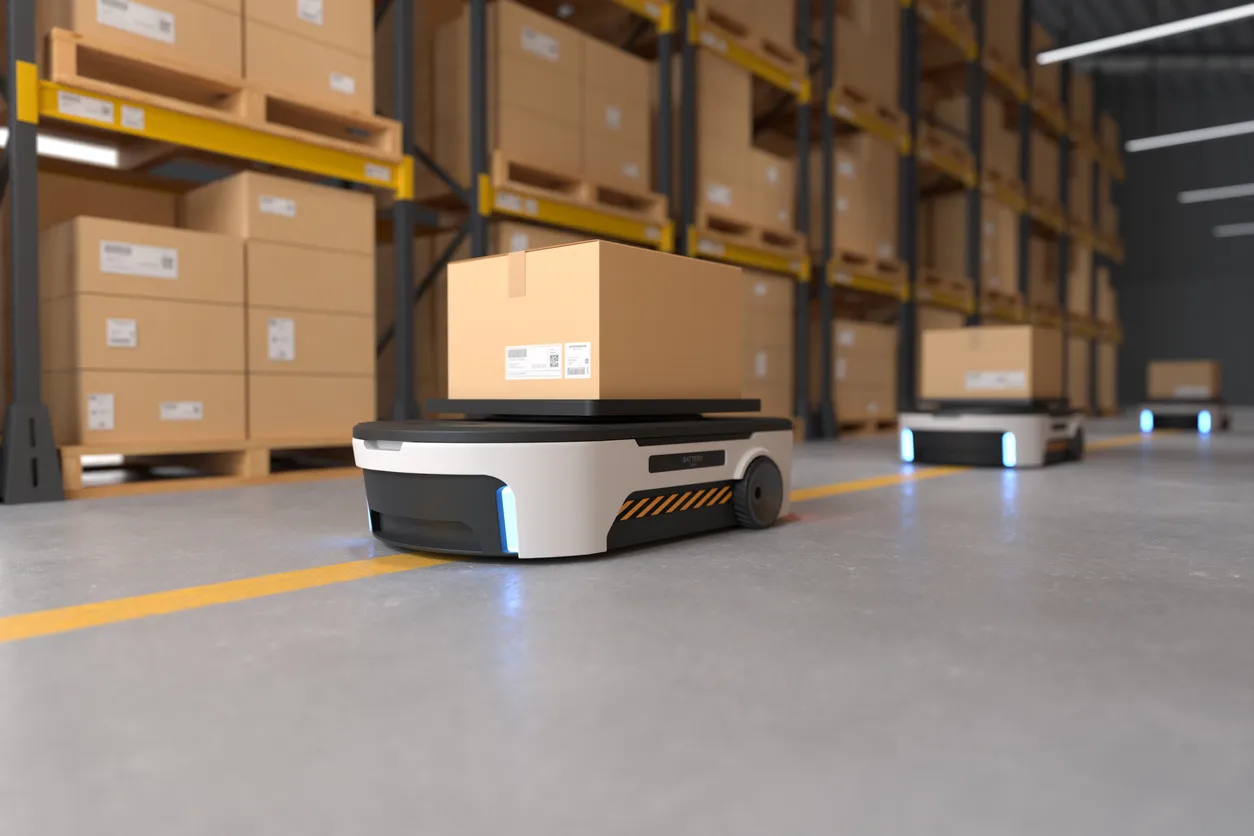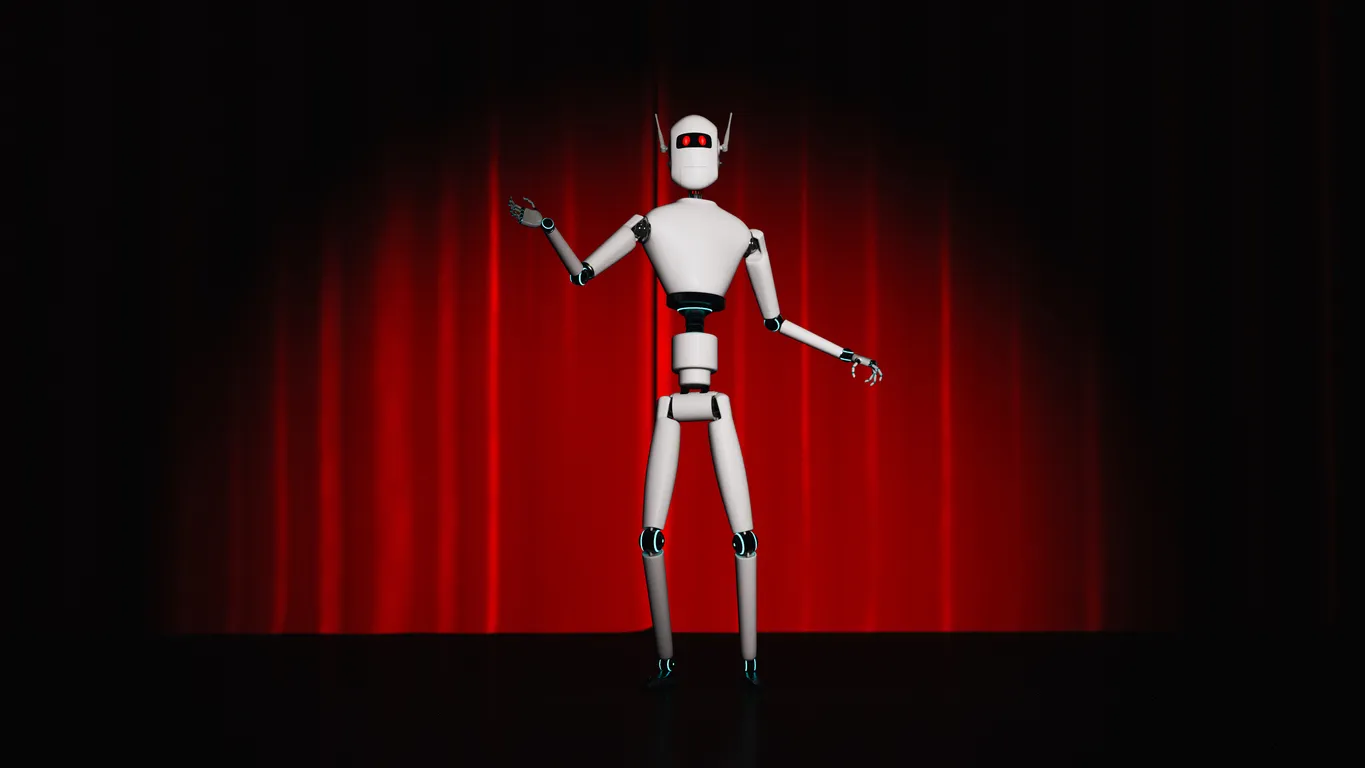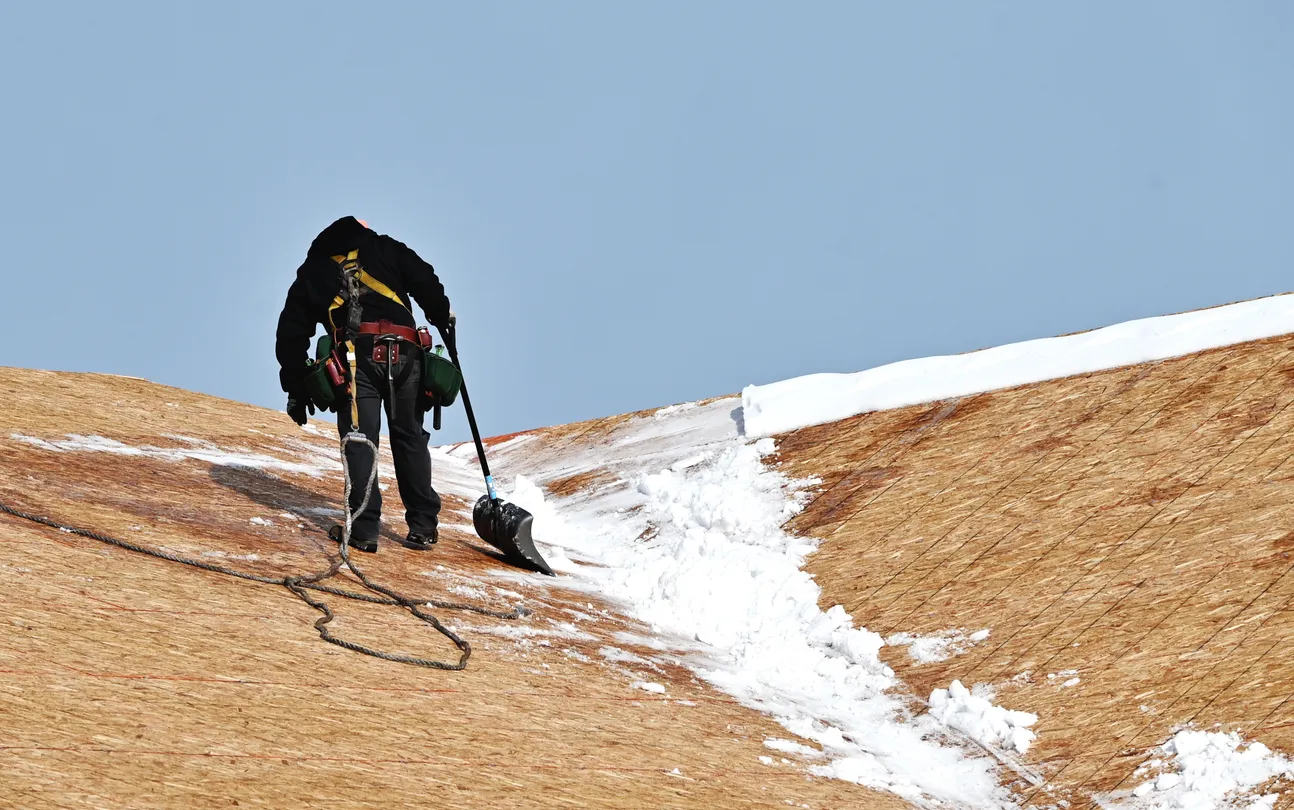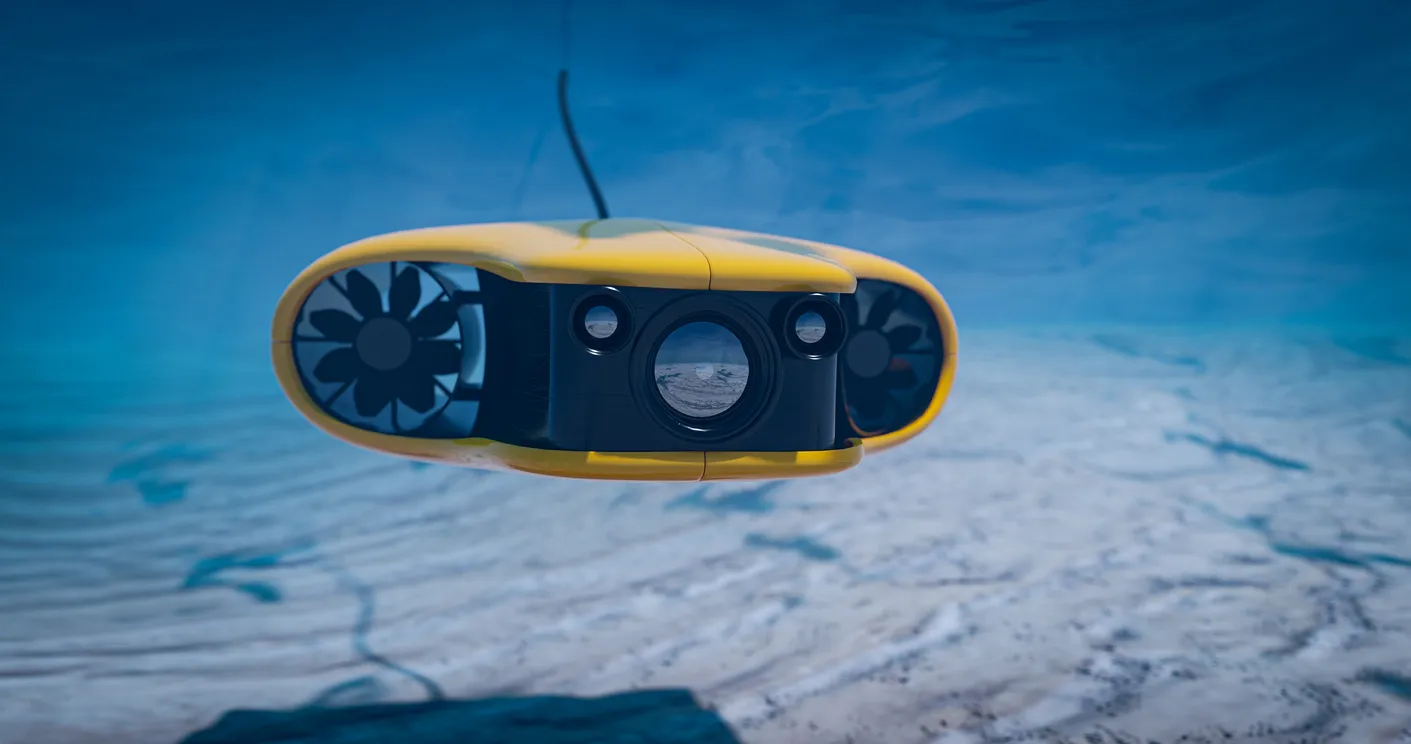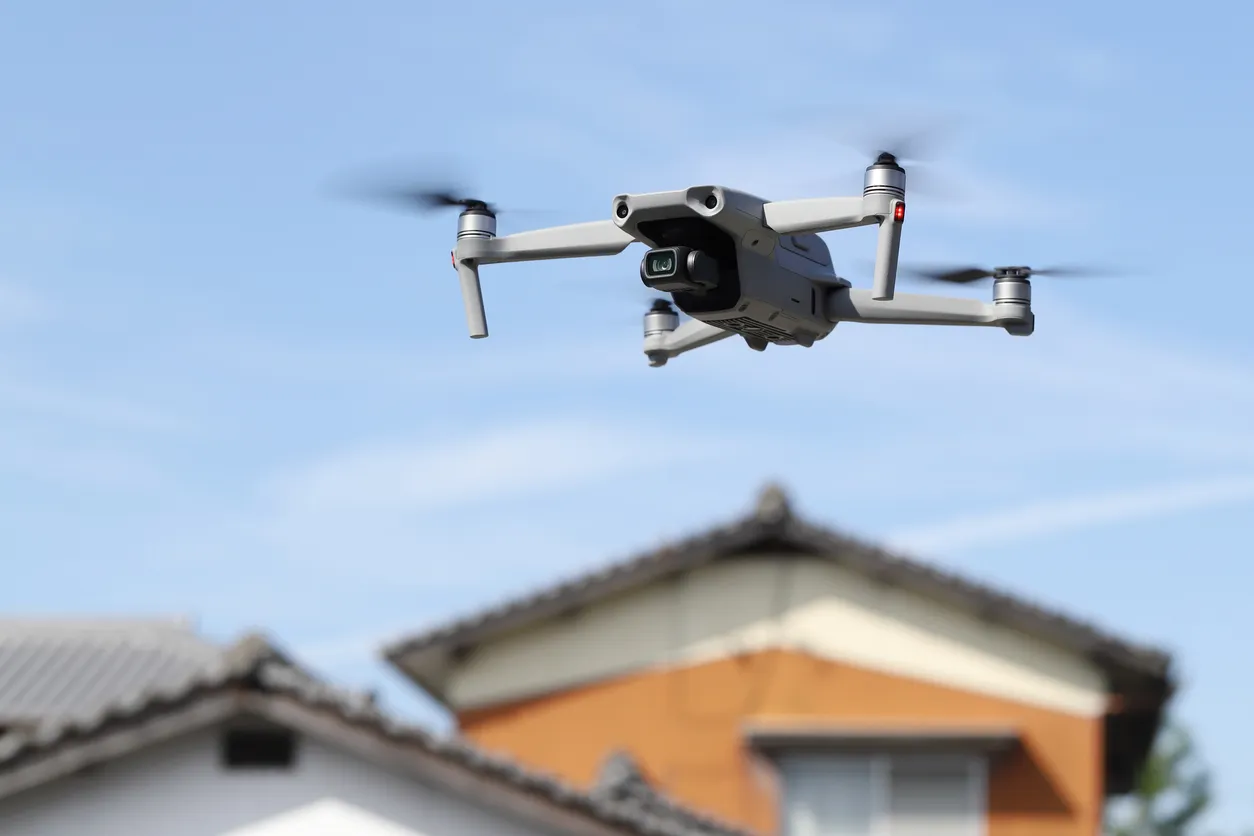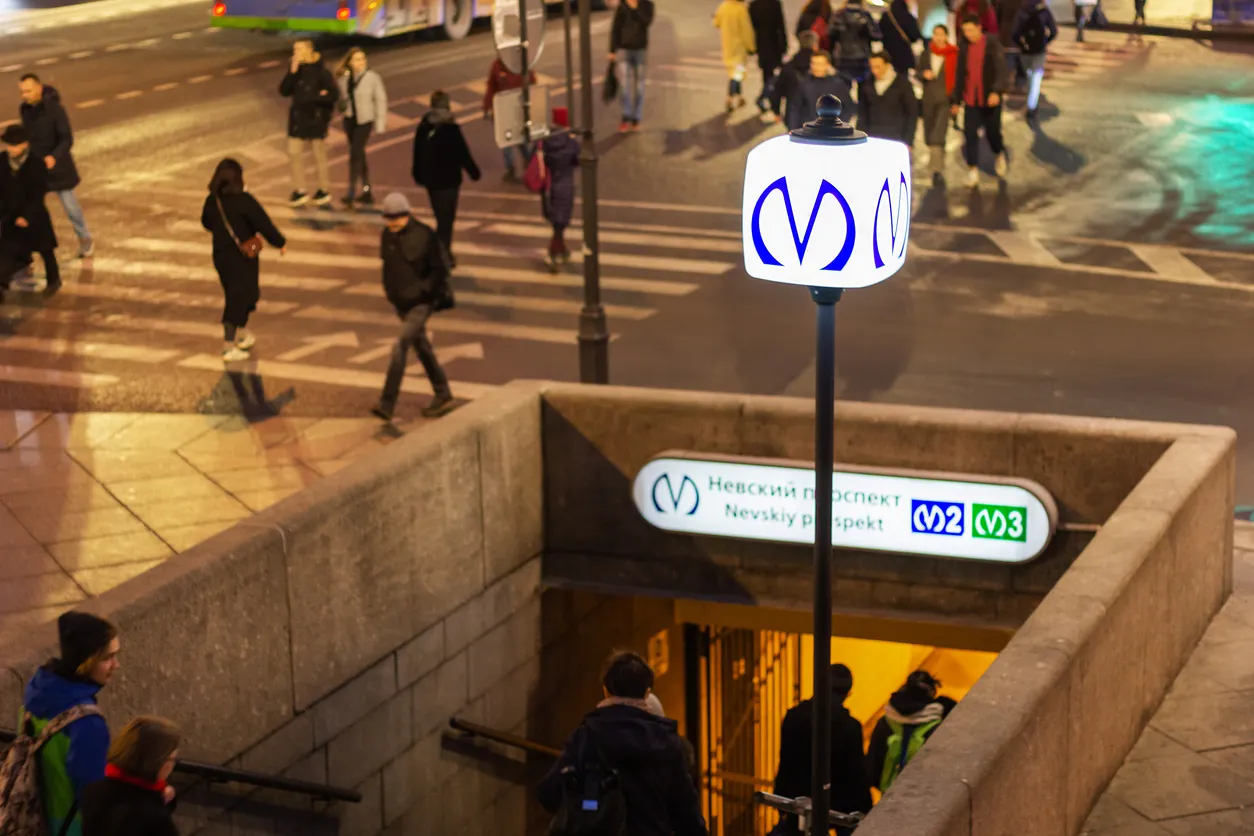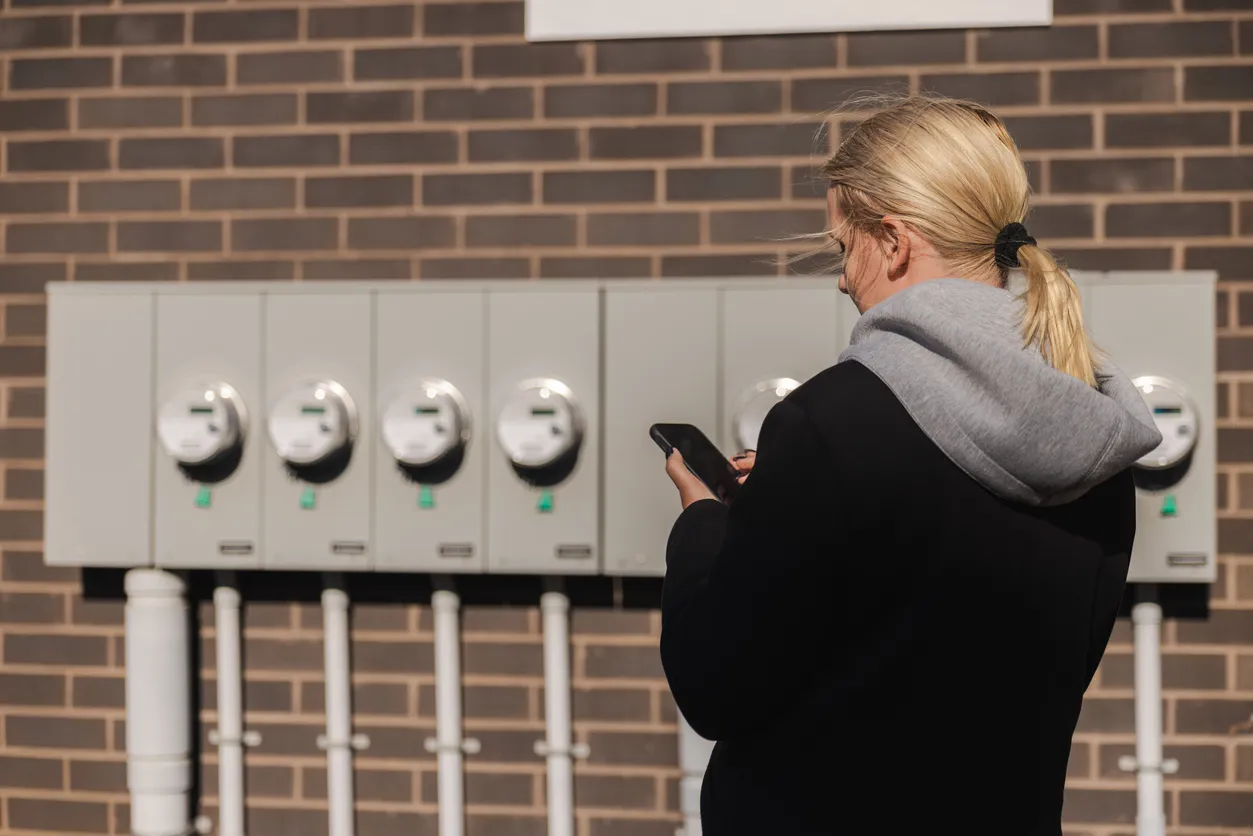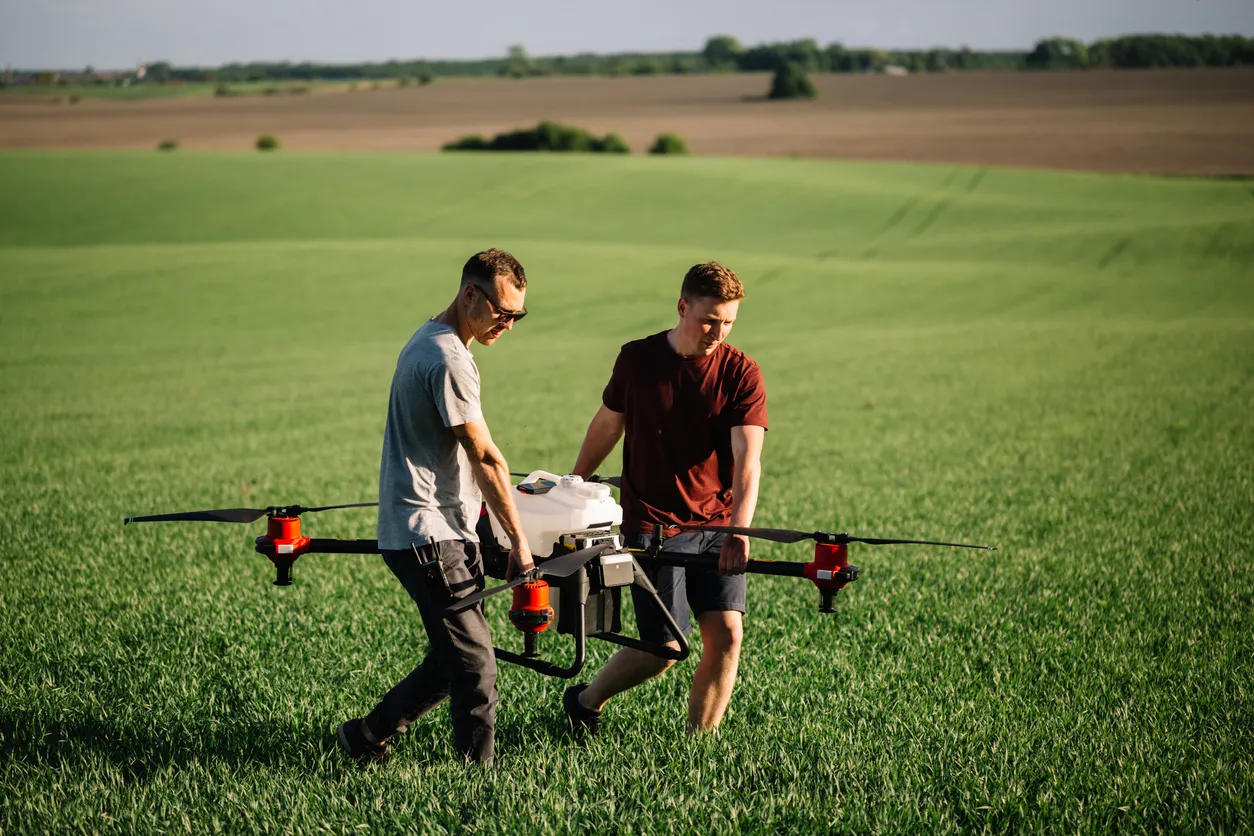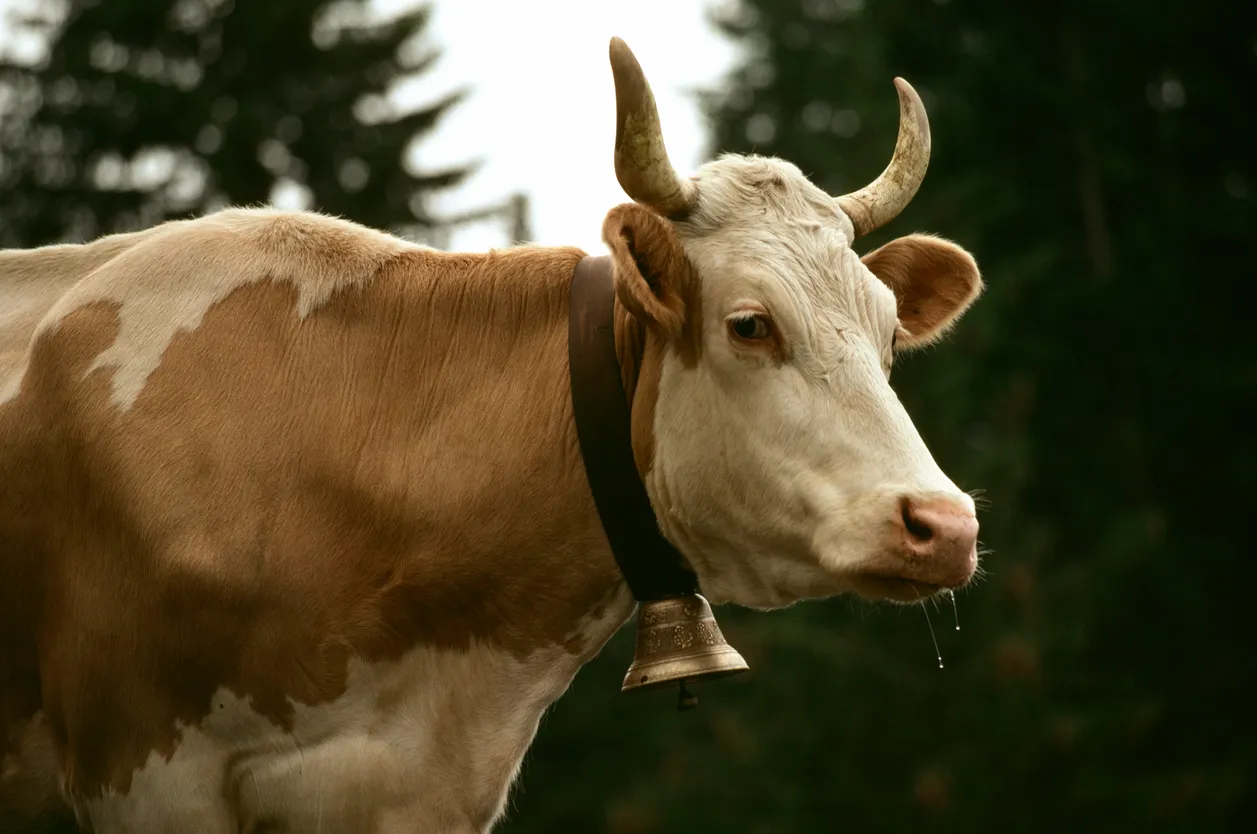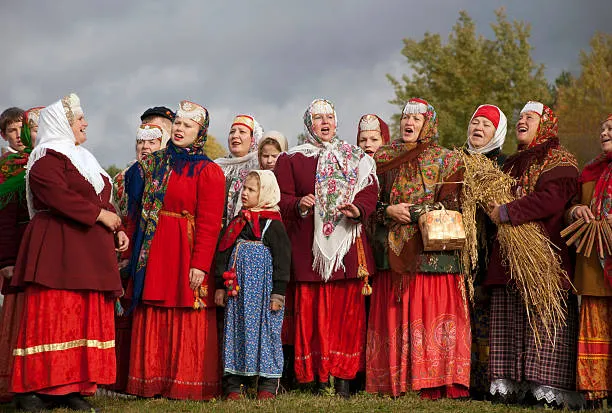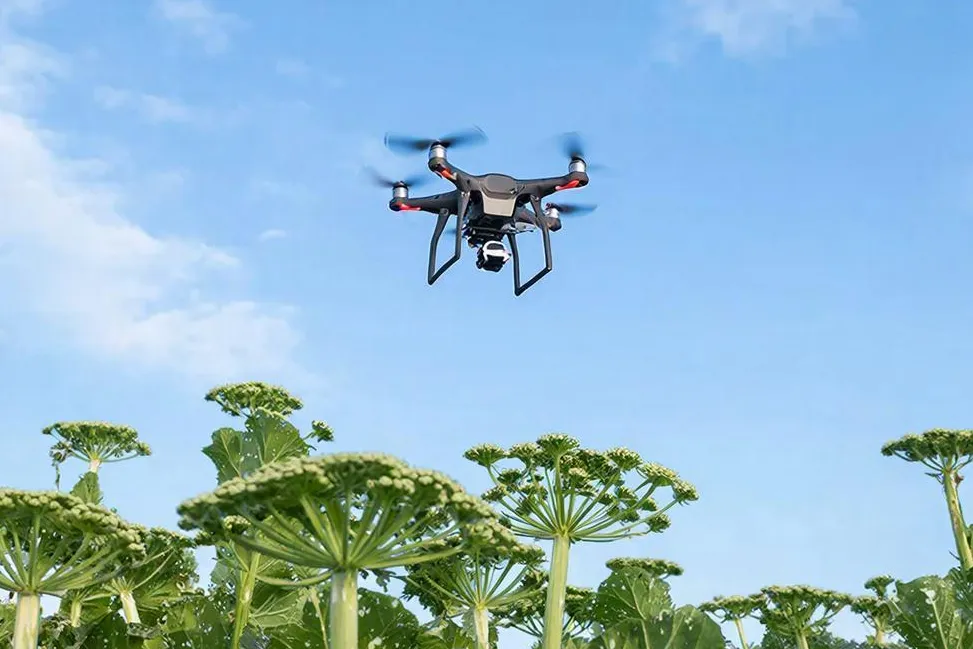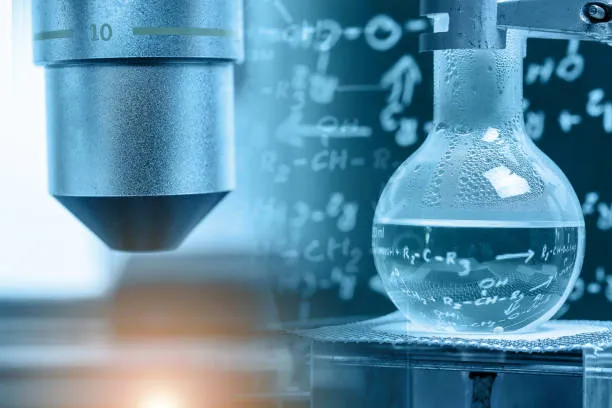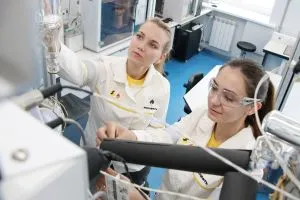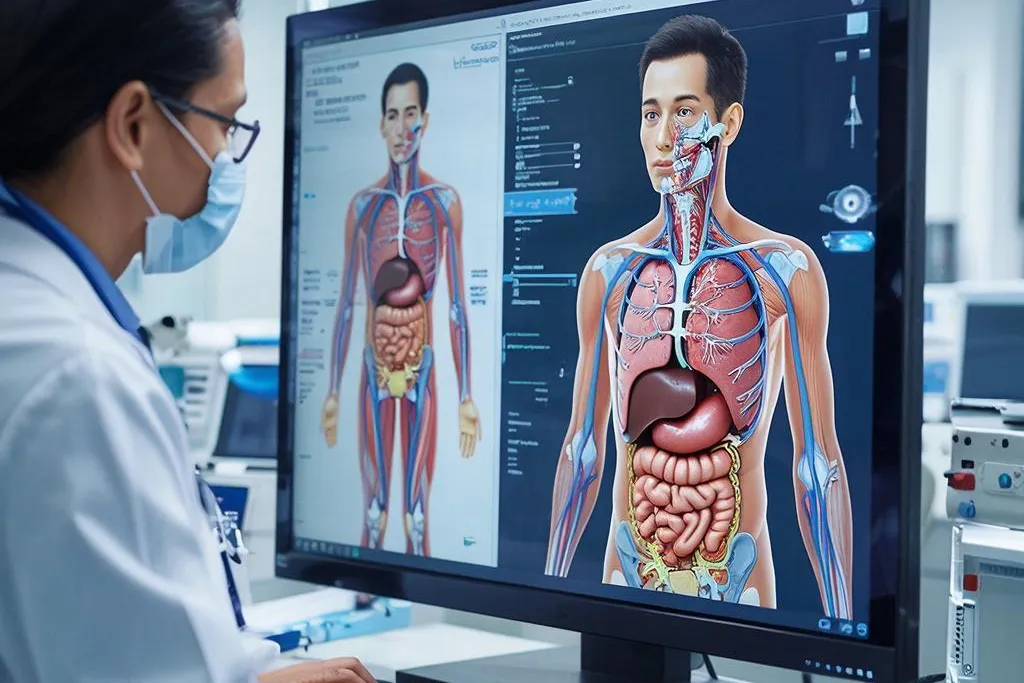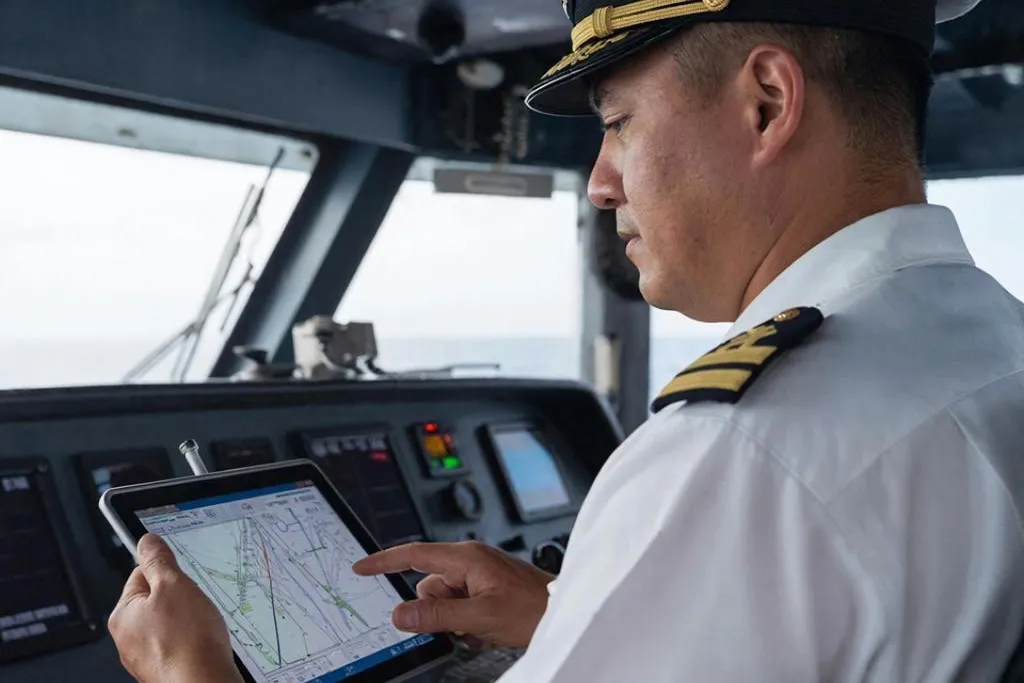Russia Turns to AI to Decode Data From Space Biosatellite
On September 19, Russia’s Bion-M capsule will return from orbit carrying mice, flies, and fungi — and artificial intelligence will sift through terabytes of data to reveal how space changes life itself.
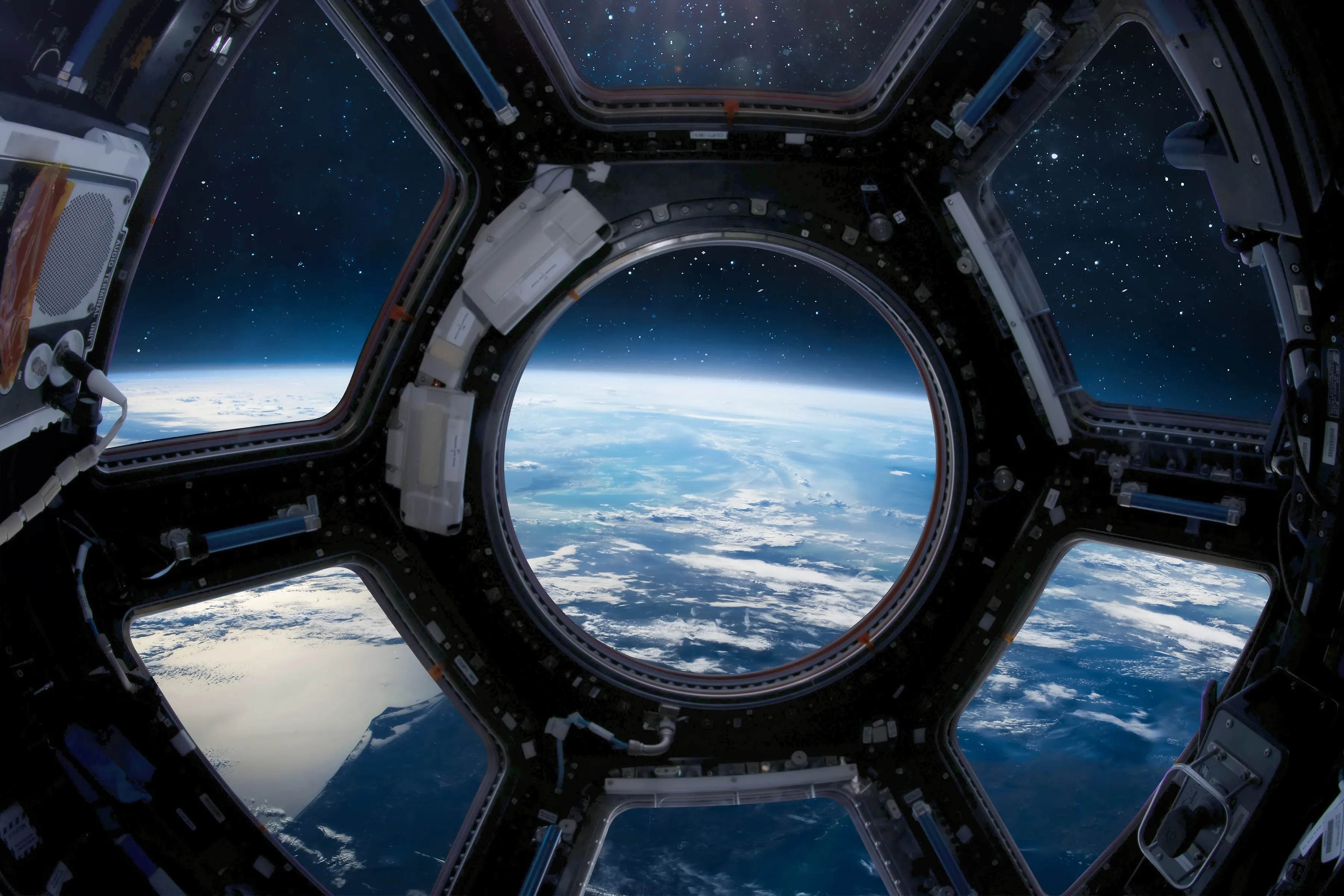
Russian scientists are deploying artificial intelligence to process the massive dataset gathered aboard the Bion-M No. 2 biosatellite. The mission is designed to accelerate analysis of how cosmic radiation and weightlessness affect living organisms — insights critical for future interplanetary missions. The capsule is scheduled to land in Russia’s Orenburg region on September 19.
On board are 75 mice, 1,500 fruit flies, as well as fungi, lichens, and cell cultures that spent a month in orbit. The main goal is to understand how the conditions of deep space alter biological systems.
The scope of the mission is unusual, but what makes it stand out is how the data will be parsed. The satellite’s 25 cameras recorded about 12 terabytes of video during the flight — a dataset so large that manual analysis would take years.
To handle that, researchers at the Institute of Biomedical Problems of the Russian Academy of Sciences built a specialized AI system. The trained algorithm will automatically scan video feeds, tracking the animals’ behavior and health. That means scientists can skip years of manual review and focus instead on the most complex and meaningful findings.
The data will help establish new standards in space medicine and guide the creation of protection protocols for astronauts headed to the Moon and Mars.
This is not Russia’s first time using spaceflight to push the boundaries of biology. In 1968, the Soviet spacecraft Zond-5 became the first to carry living organisms around the Moon and return them safely to Earth. Its passengers — two Central Asian turtles, insects, bacteria, and plants — paved the way for today’s long-duration human missions.


